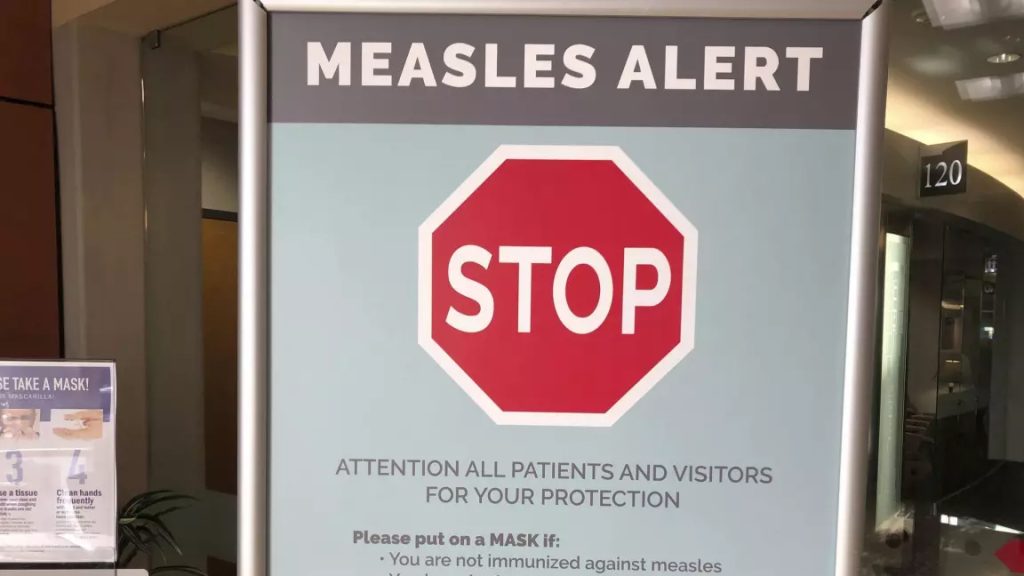Why isn’t Canada producing more COVID-19 vaccines?
Posted March 24, 2021 4:08 pm.
Last Updated March 24, 2021 5:36 pm.
OTTAWA – As Canada faces the prospect of an Indian vaccine export ban, the question of why Canada isn’t producing vaccines domestically has re-emerged.
But those studying pharmaceuticals and global trade say it’s a tough business to be in.
“The largest producers of vaccines in the world is the Serum Institute in India,” said William Mitchell from the University of Toronto’s Rotman School of Management’s new technologies and commercialization. “And the Serum Institute has a cost advantage because it’s in India. And wages are lower there than they are in Canada or elsewhere.
“But it also has a cost advantage, because it produces at scale, and it can drive down its total costs.”
Mitchell says it’s not just low costs that give India’s Serum Institute the advantage. Because the serum institute is able to sell vaccines at a low price, it has a long list of customers.
READ MORE: Canadian-developed COVID vaccine in final-stage testing
With consistent orders rolling in, the facility can refine its techniques, ensuring high quality in high volumes.
Mitchell says Canada does have domestic vaccine manufacturing, but it’s not tooled for COVID-19 vaccines. And switching track may not have been possible before vaccines were approved.
“Do we retool for an mRNA vaccine from Pfizer or Moderna? Do you retool for an antiviral from AstraZeneca? Do you retool for something else? Where do you place your bets? You can’t do them all,” he said.
“There isn’t enough. It isn’t even about money. There isn’t enough time and capacity to do them all. So, you’re placing big bets on what might work and what might not work.”
READ MORE:
Canada’s vaccine rollout is slow, and very confusing. Here are some answers.
Canada lags behind U.S., other countries in vaccinations but expects to catch up quickly
Dr. Earl Brown, a retired virologist, says the reality is that simply building vaccine manufacturing capacity for a rainy day would be extremely costly. And that’s before you even consider the difficulty of competing against the Serum Institute for global customers.
“So, vaccine production, drug production, tends to go where it’s favourable with local laws and costs and regulations,” said Brown. “And Canada, we’ve got very high standards, but we don’t really favour novel drug development with the way we remunerate right now. So, you don’t want price gouging, but if you have price control, you’re limiting the interest of those who want to make such products.
“It’s not that easy to get into, to get your mark, not so easy to make money. A lot of the product lines are established, and so if you’re a newbie and want to make vaccines, it’s not too easy to break in these days.”
WATCH: Canada taking some heat over vaccine procurement (March 3)
Brown says Canada’s patent laws also favour generics, rather than new drug development. He says it’s possible for Canada to build capacity for future pandemics, but it’ll need careful government participation.
“You’ll have to get government involvement, but you have to get nervous when you get government to make industry. We’ve been down that route before and you want to be careful you don’t get into lame-duck companies and that sort of thing,” he said.
-with files from Xiaoli Li








